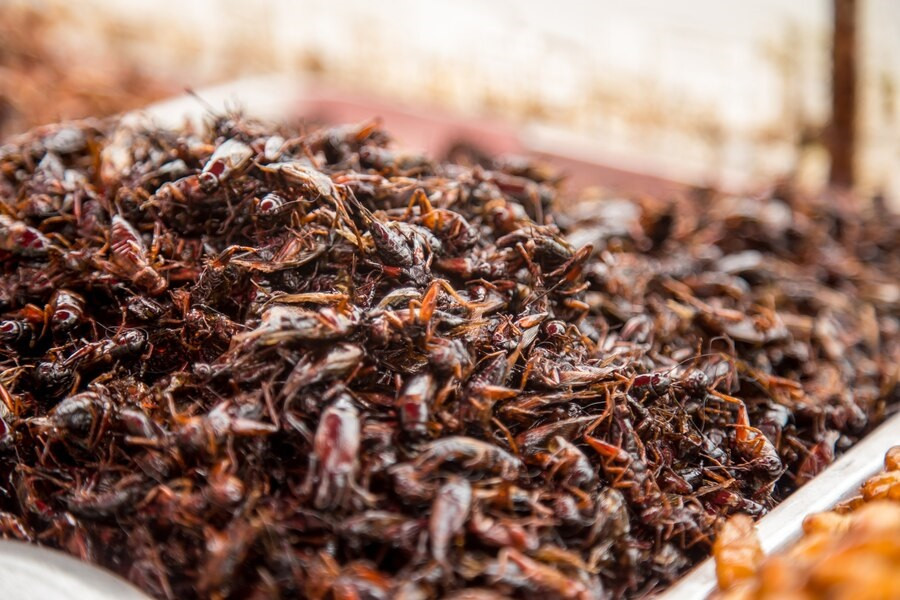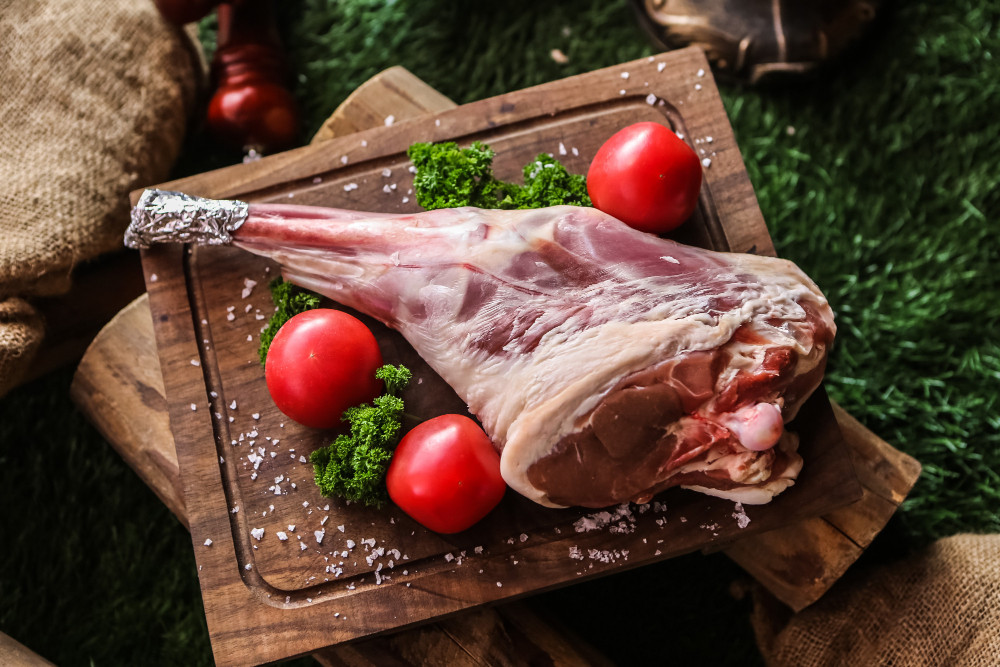In some parts of Indonesia, it is common to eat sago worms, wasp larvae, crickets, and grasshoppers. Although they may make you feel tingly, these insects may be a healthy source of protein and unsaturated fats for your body.
According to experts, insects are high in protein and low in carbohydrates. They also contain essential minerals such as iron, zinc, calcium, and magnesium. Insects contain unsaturated fat, which is a healthy source of fat to consume.
Insects that contain healthy nutrients
As mentioned earlier, some insects are consumed for their healthy nutrients. Here are some examples of insects that are safe to eat and contain good nutrients.
Crickets and the potential to increase probiotics in the gut
Research has found that crickets are one of the insects that are rich in protein, vitamins, and minerals. Eating crickets may increase the number of good bacteria in the digestive tract.
However, it's important to remember that the human gut microbiota is quite complex. While some foods, like crickets, have been shown to increase good bacteria, you also need to be aware of the after-effects, such as allergic reactions.
Magnesium-rich termites
Research suggests that termites are a food source in several countries in Africa and Asia. Termites are potentially high in minerals, especially magnesium. However, as with any insect consumption, further research is needed to understand the long-term health effects of termite consumption.
Antioxidant-rich locusts
According to Everyday Health, grasshoppers may taste similar to shrimp. Not only in Gunung Kidul, Yogyakarta, locusts are also consumed in Mexico and Japan. Locusts are said to be an insect that is high in protein and fat but low in carbohydrates.
They contain 40% protein, 43% fat, and 13% dietary fiber. It is also said in a scientific study that these insects are the richest in antioxidants and protein compared to other insects or animals.
Grasshoppers are safe to eat, but you need to remove the wings and legs first before consuming them. You may also want to choose to eat farmed locusts over wild ones that grow in fields, as they may have consumed plants with heavy metals or pesticides.
Cicadas
Cicadas are small, loud-voiced insects that belong to the cricket family. Just like crickets, cicadas are safe to eat as they are high in protein and low in fat.
Cicadas are not recommended for consumption by those with seafood allergies, pregnant or nursing mothers, younger children, or those with gout.
If you are interested in consuming the insects mentioned above, you need to ensure safe cooking methods and any allergic reactions and side effects that may occur afterwards. It is best to talk to your doctor before consuming insects or trying other unusual foods.
If you need medical advice or consultation, you can either visit a doctor or make use of the consultation features that are available in the Ai Care application by downloading the Ai Care application from the App Store or Play Store.
Looking for more information about nutrition, food, and other diet tips? Click here!
- dr. Alvidiani Agustina Damanik
Jessica Migala (2022). 6 Bugs You Can Eat (and Their Health Benefits). Available from: https://www.everydayhealth.com/diet-nutrition/bugs-you-can-eat-and-why-theyre-good-for-you/
Maria Cohut, Ph.D (2018). Eating crickets may benefit your gut health, scientists say. Available from: https://www.medicalnewstoday.com/articles/322687
Jillian Kubala, MS, RD (2021). Can You Eat Crickets? All You Need to Know. Available from: https://www.healthline.com/nutrition/eating-crickets
Rudi L. Verspoor, et all (2020). Mineral analysis reveals extreme manganese concentrations in wild harvested and commercially available edible termites. Available from: https://www.nature.com/articles/s41598-020-63157-7
Sharlene Tan (2022). What Are the Health Benefits of Grasshoppers?. Available from: https://www.webmd.com/diet/what-health-benefits-grasshoppers
Cleveland Clinic (2021). Are Cicadas Safe to Eat?. Available from: https://health.clevelandclinic.org/are-cicadas-safe-to-eat/
Laura Der Marchi, et all (2021). Allergens from Edible Insects: Cross-reactivity and Effects of Processing. Available from: https://www.ncbi.nlm.nih.gov/pmc/articles/PMC8165055/











